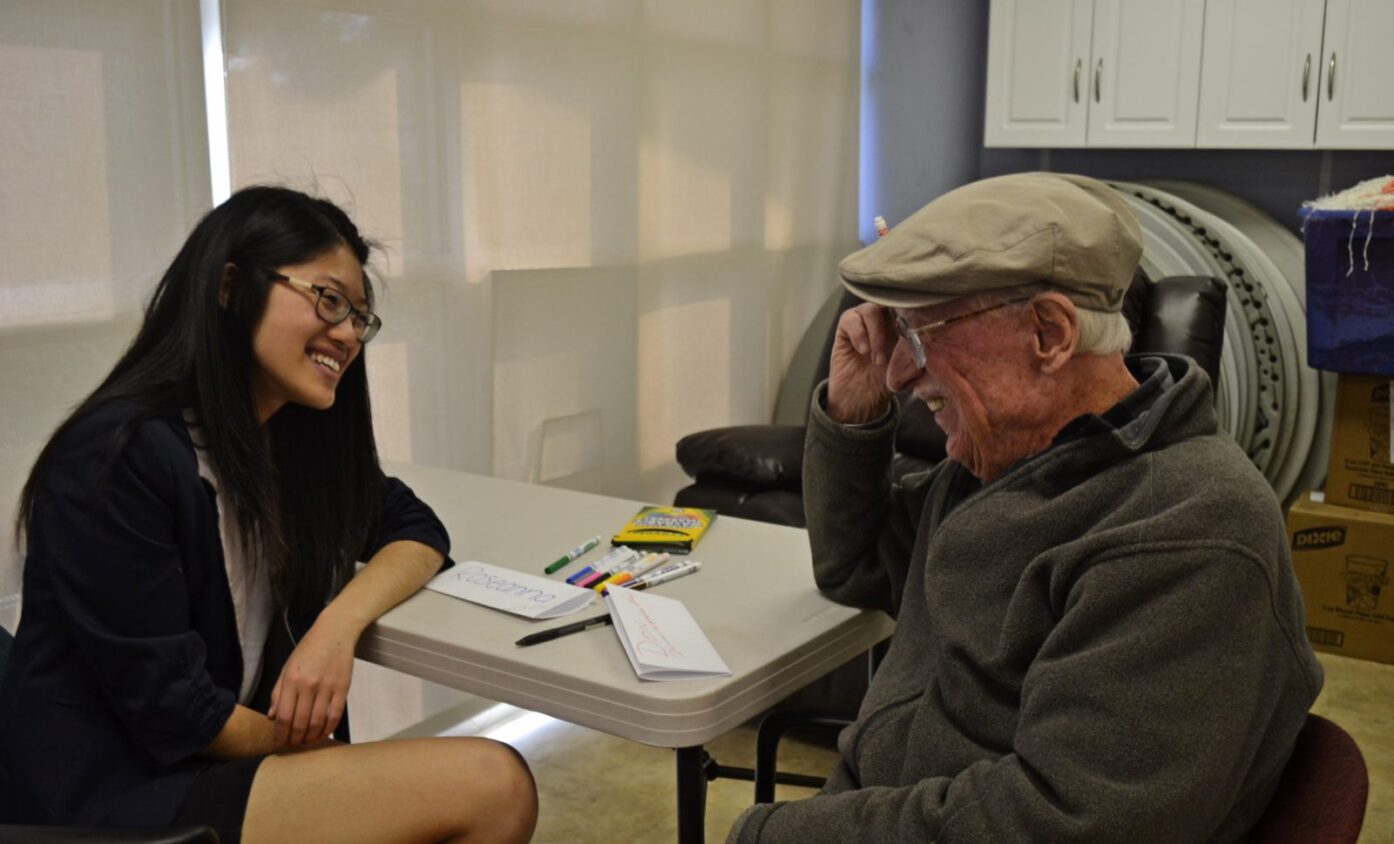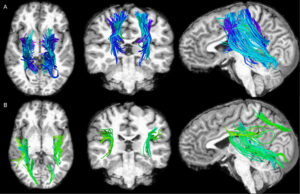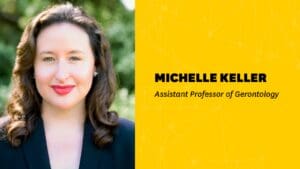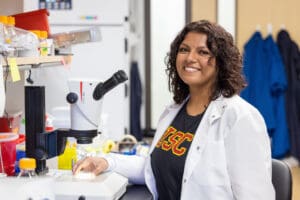Terra (Brazil) reported on research by Valter Longo of the USC Leonard Davis School about the benefits of a fasting-mimicking diet.
PBS’ “NextAvenue” published commentary by Paul Irving of the USC Leonard Davis School about the impact of aging on businesses.

ABC News Los Angeles affiliate KABC-TV featured research by Valter Longo of the USC Leonard Davis School that a primarily plant-based diet paired with intermittent fasting may lead to a longer life. “In most cases people who have a high protein diet don’t do very well. I favor a very specific carbohydrate, eat a lot of legumes and vegetables. Those are the good carbohydrates,” he said. Longo also noted that if an individual eats good quality food, he or she can also eat more of it.
Time quoted USC Leonard Davis Distinguished Scholar in Residence Paul Irving on why cities can help promote longer life. “We all long to bump into each other,” said Irving, who is the chairman of the Milken Institute Center for the Future of Aging. “The ranges of places where this can happen in cities tend to create more options and opportunities.”
Daily Trojan reported that the USC Leonard Davis School of Gerontology and the nonprofit Youth Movement Against Alzheimer’s launched YouthCare on Tuesday, in an effort to provide resources to patients with Alzheimer’s and dementia. “YouthCare is an accessible way for students to interact one-on-one with older adults to understand the reality to put a face to Alzheimer’s and to work towards a solution,” said Sarah Wong, the president of the USC Student Gerontology Association.
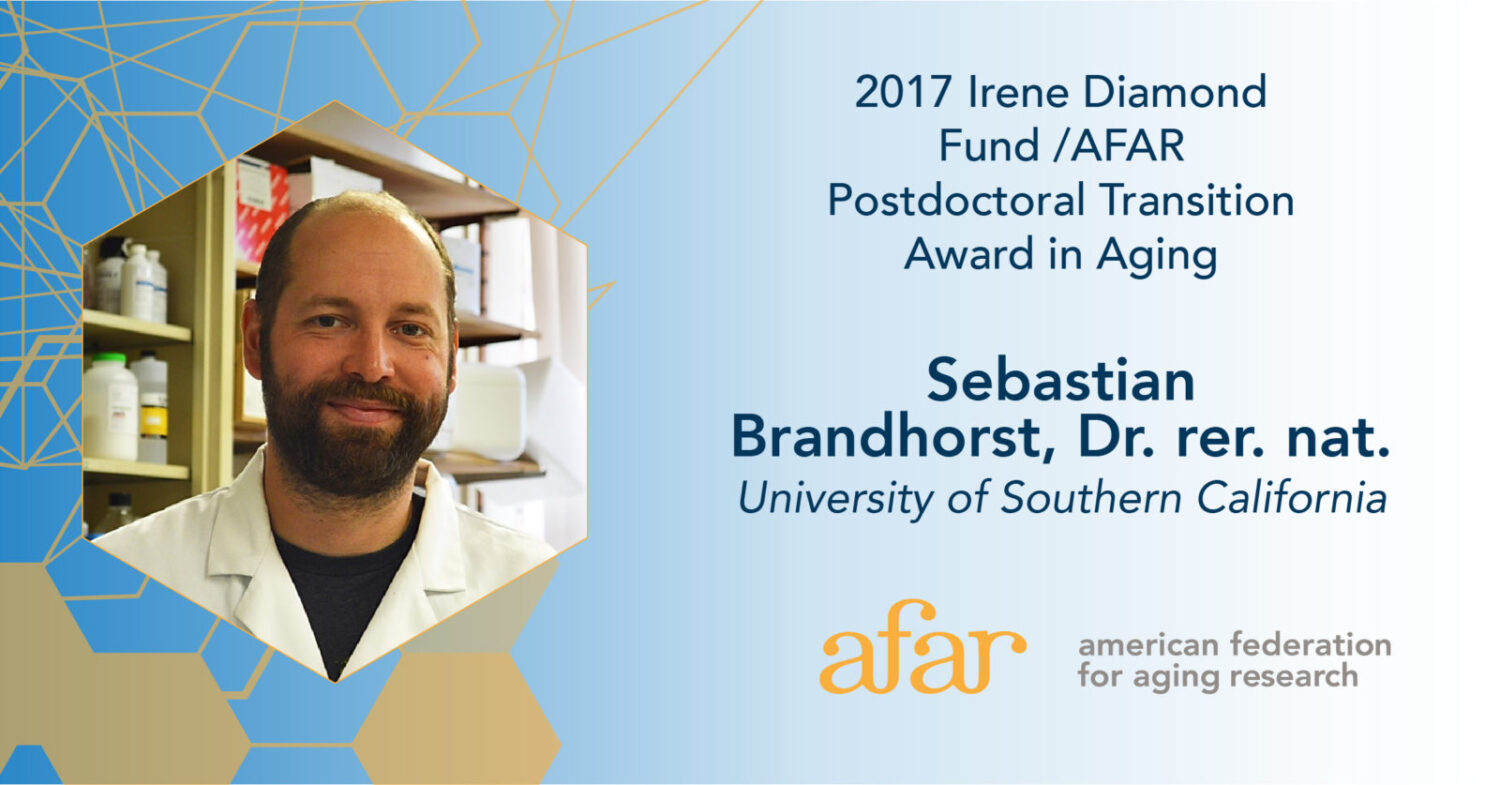
The Atlantic’s “CityLab” cited research by Caleb Finch of the USC Leonard Davis School, Jiu-Chiuan Chen of the Keck School of Medicine of USC and Constantinos Sioutas of the USC Viterbi School about the possible impact of pollution exposure on the development of dementia, especially among older women.
